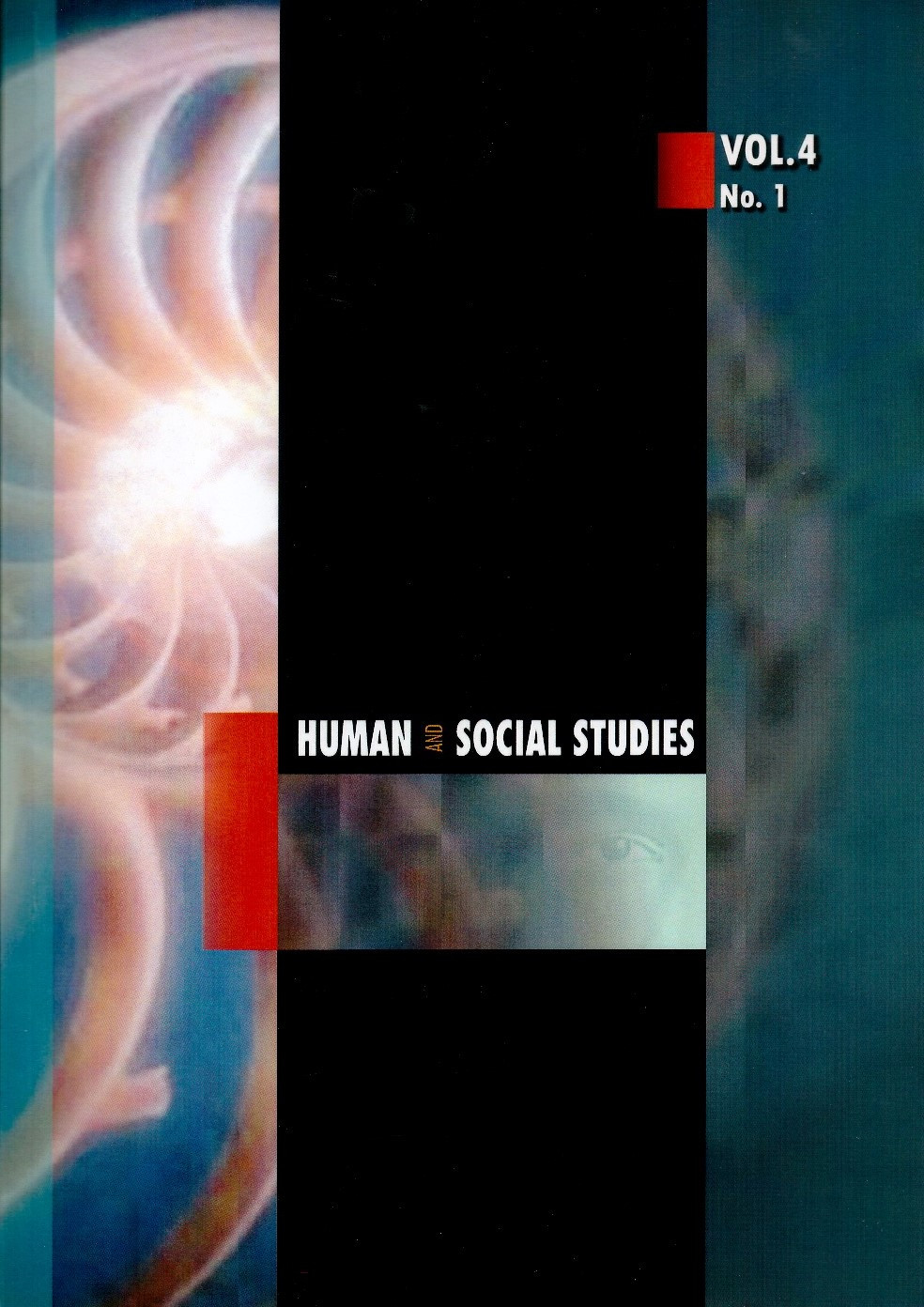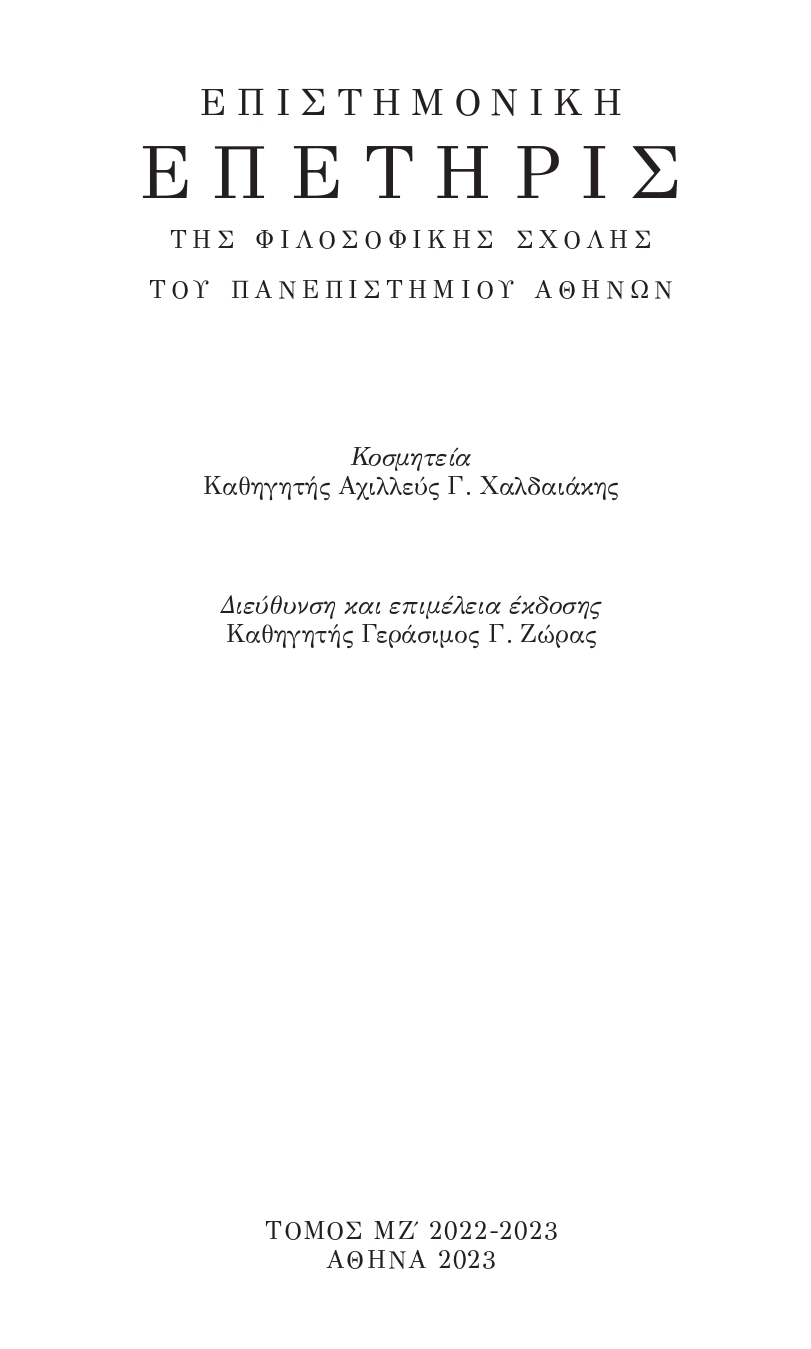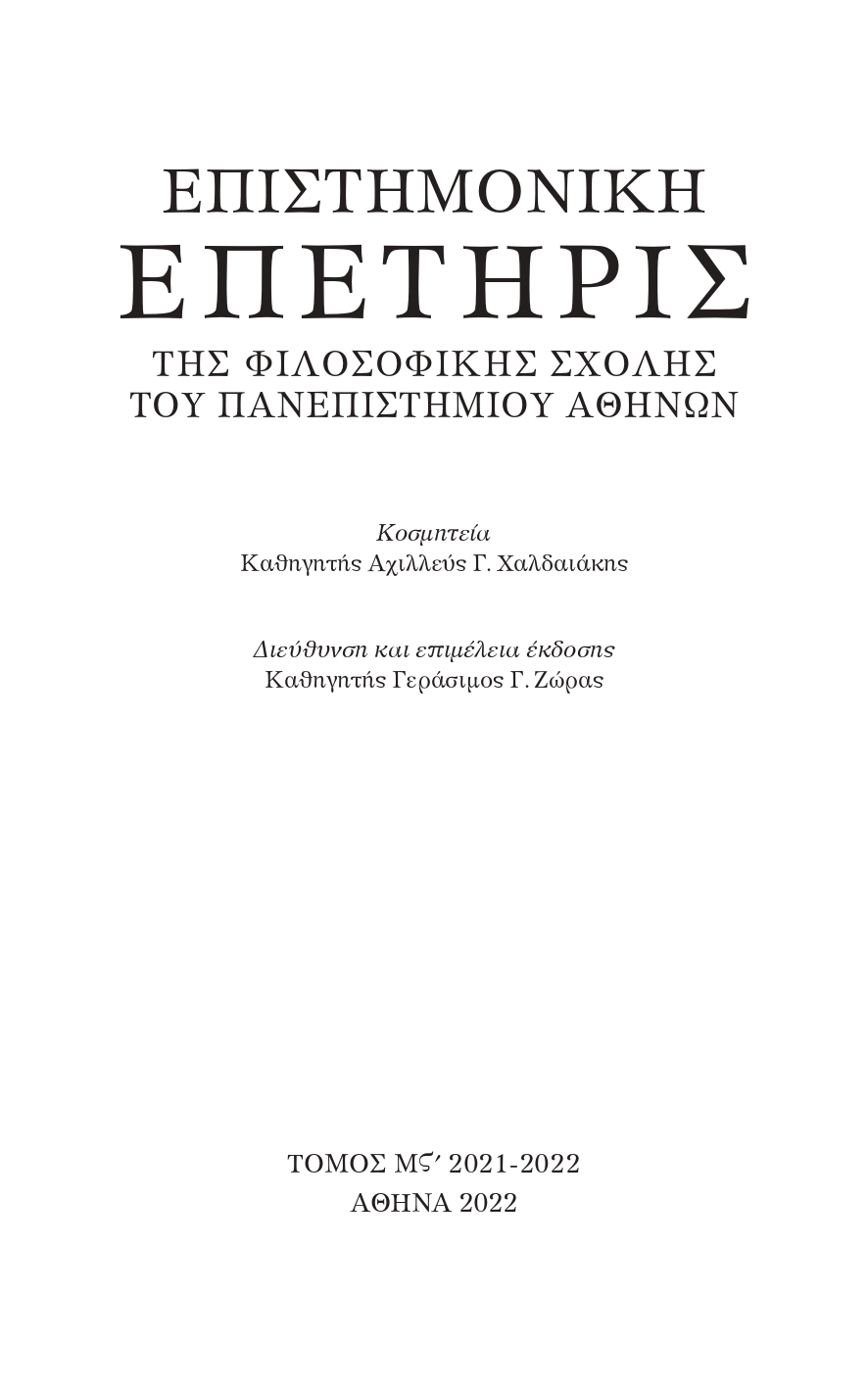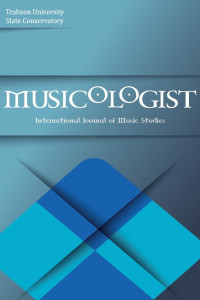It is taken for granted that Music plays a primary part in every kind of Entertainment. Speaking more specifically of the geographical area of the East (and much more during the late Medieval period, when we have a plethora of relevant evidence in the rescued literature and musicological sources), the two terms (Pleasure and Music) are almost synonymous. A reciprocating and interactive “dialogue” develops, in a way, between the two terms (an ideological and philosophical, but also a completely fundamental and practical “dialogue”): the musicians (the people who accomplish the musical task) channel in abudance and mainly secure the pleasure of the people who participate in any type of diversion through their presence and their performance; however, simultaneously, in order to acquire the ability to act this way (which means to bring the “entertaining” dimension of music to prominence), they have to be in the position to experience music as pleasure themselves, to realise the multiple contentment which is concealed in every kind of music, deeply and internally. It has to do with equal number, high level conquests of the Spirit and the Art in both circumstances: the pleasure of Music and music for Pleasure! I’m trying to approach and set off this twofold dimension of the matter in the present paper.
“Τhe Sense of ‘Pleasure’ in Eastern Chant”, Human and Social Studies 4:1 (2015), pp. 119-138
Achilleas Chaldaeakes2019-01-12T12:02:43+00:0010 Ιανουαρίου 2015|Categories: Aγγλόφωνα Άρθρα, Ανακοινώσεις, Άρθρα, Μουσικολογικές Ανακοινώσεις σε Συνέδρια|



